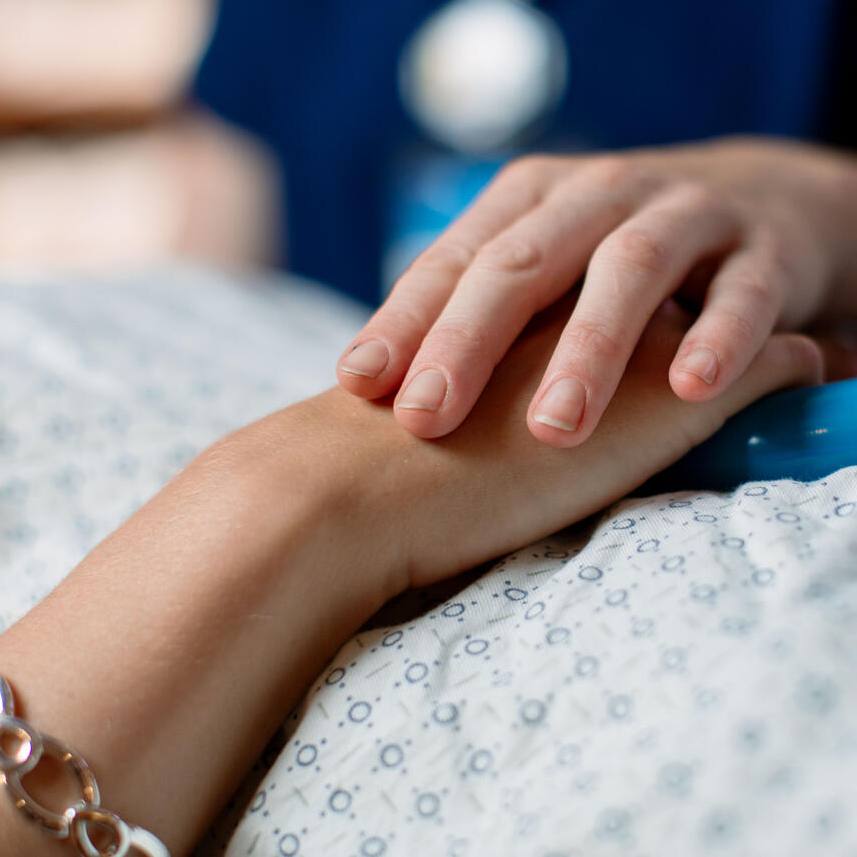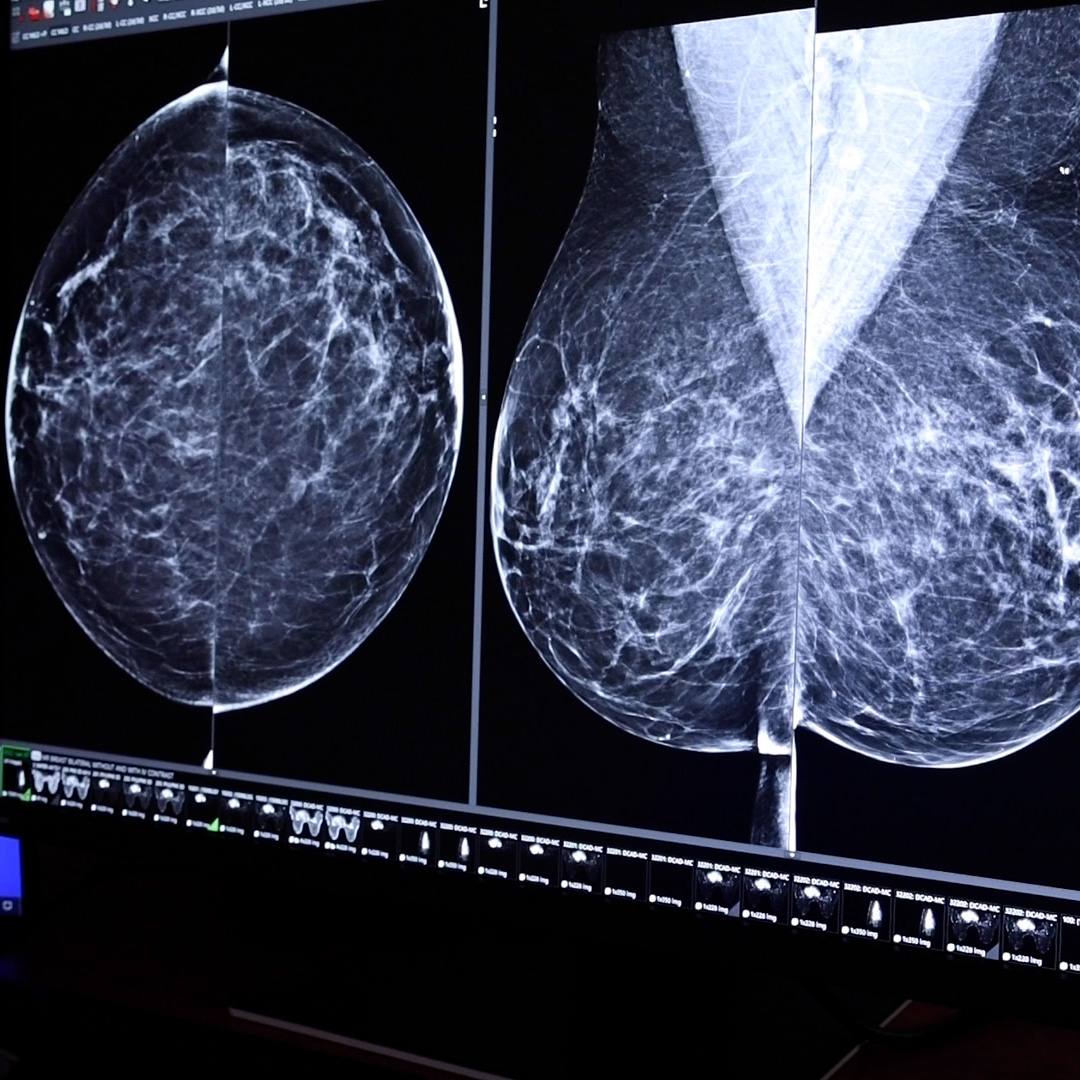Vasomotor symptoms — the medical term for hot flashes — are among the most common menopause symptoms women experience. Hot flashes, along with night sweats, can be uncomfortable and disruptive.
Dr. Suneela Vegunta, a Mayo Clinic women's health physician, explains what happens to the body and offers ways to find relief.
Journalists: Broadcast-quality video pkg (1:00) is in the downloads at the end of the post. Please courtesy: "Mayo Clinic News Network." Read the script.
"During a hot flash, a woman's body temperature goes up by 1 to 3 degrees, and the heart rate also goes up by five to 10 beats."
That means the body's temperature regulating system is not working.
"Once the body perceives that the temperature has gone up, it tries to cool it down. And that's how the sweats actually happen. Once the sweats happen, the body cools down, the temperature comes down."
That process can last up to 30 minutes, and it can be uncomfortable. Hormone therapy can be helpful.
"It is really effective in making the hot flashes, sweats and sleep problems get much better," says Dr. Vegunta. "There are some women, especially women with breast cancer or prior blood clots, that cannot use hormone therapy."
Acupuncture is one alternative to medication and may reduce the frequency and severity of hot flashes due to menopause. Other nonhormonal approaches include mindfulness meditation, yoga and supplements.
Dr. Vegunta says the approaches can offer a "significant quality of life improvement with a significant reduction in the intensity, the frequency, the duration of these hot flashes and sweats."
For the safety of its patients, staff and visitors, Mayo Clinic has strict masking policies in place. Anyone shown without a mask was either recorded prior to COVID-19 or recorded in a nonpatient care area where safety protocols were followed.







